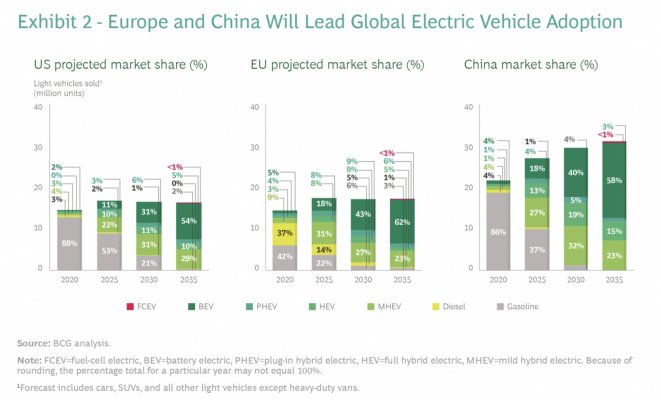Koolau
Give me a museum and I'll fill it. (Picasso) Give me a forum ...
EVs, as with anything, will have some limitations obviously. But your son's experience sounds about right. Most of the limitations today is infrastructure based. An ICE would be much worse if the fueling infrastructure was worse.
The good thing about EV charging is that the infrastructure is cheap to deploy. And once deployed, it's relatively easy to maintain. A gas station is expensive to deploy, requires a constant stream of trucks to bring in fuel, human staff because it's dangerous, and every couple of decades, the underground tanks need to be replaced with considerable costs and downtime.
EV charging at home takes 2 second each day and is much more convenient than gas stations. Charging infrastructure at apartments and condos will improve over time as adoption and demand from residents increase. Charging infrastructure between destinations for road trips will improve and include stalls that accommodate trailers and other utility vehicles as the adoption increases. It's all relatively cheap and easy to deploy compared to the gas station infrastructure of today.
In a few decades, gas stations will all but disappear.
Yes, it's always the transition period that can get dicey. We (I'm now in the midwest for a while) are facing black-outs this summer. Not good for charging cars or even keeping the AC running. Imagine if we were even 20% EVs. Lots of folks would be unable to charge their cars. Suddenly, old ICE cars would be worth their weight, so to speak. I feel certain it will all shake out eventually, but there will be some pain along the way.

